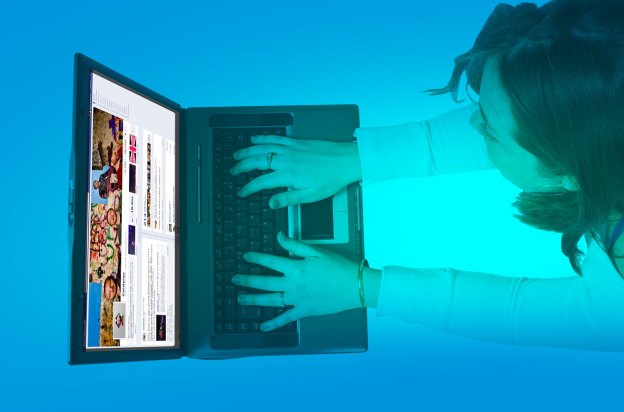 Well, this is just precious. Facebook and the National Association of Attorneys General (NAAG) announced Monday a new partnership to help teach teenagers and their parents how to protect their privacy online. The campaign, which brings at least 19 attorneys general together with the world’s biggest social network, will include a pro-privacy video series and other tips for how people can keep their personal information within their control, both on Facebook and the Web at large.
Well, this is just precious. Facebook and the National Association of Attorneys General (NAAG) announced Monday a new partnership to help teach teenagers and their parents how to protect their privacy online. The campaign, which brings at least 19 attorneys general together with the world’s biggest social network, will include a pro-privacy video series and other tips for how people can keep their personal information within their control, both on Facebook and the Web at large.
“Teenagers and adults should know there are tools to help protect their online privacy when they go on Facebook and other digital platforms,” said Attorney General Douglas F. Gansler in a statement. “We hope this campaign will encourage consumers to closely manage their privacy and these tools and tips will help provide a safer online experience. Of course, attorneys general will continue to actively protect consumers’ online privacy as well.”
While NAAG’s intentions are seemingly in the right place, this partnership sounds like one giant farce – a plan that won’t only fail to help people protect their privacy, but could cause further damage.
Advising people to avoid Facebook altogether is perhaps the best privacy tip you can give.
Meanwhile, it’s partnering with a slew of the country’s biggest data brokers to combine its trove of online data with the offline purchasing histories of its users. That is the real Facebook. The NAAG partnership is nothing more than a pretty mask.
The next worrisome detail is what the partnership says about Facebook itself. According to Facebook’s press release on the partnership, the campaign will include a “tip sheet” that highlights the “top 10 tools” that allow users to protect their data on the social network. That’s right – there are so many different privacy settings on Facebook that the company can create a freakin’ top-10 list of the best ones. Does anyone else see that as a problem?
While Facebook is quick to tout its granular privacy controls as a feature, the plethora of various options (different settings for status updates, apps, ads, photos, on and on) are clearly confusing people. And when people are confused, they make mistakes – they share more about themselves and their relationships than they would if they really understood what was going on. This confusion is good for Facebook; the more people share, the more valuable the company’s advertising platform becomes. Keeping its privacy settings complicated seems to be part of its business strategy – otherwise it would have fixed them by now, right?
Now, some might say that the Facebook partnership is a win for online privacy protection. After all, Facebook and NAAG are releasing a variety of new pro-privacy tools that didn’t exist before the partnership came to be. How is that a bad thing? In a bubble, it’s not – the trouble is, this partnership further distorts the reality of what Facebook is all about: Gathering data, and selling the value of that data to advertisers. Privacy is just not an important part of the company’s general makeup, no matter how exuberantly its press releases sing that it is.
If NAAG and other organizations want to help people protect their online privacy, I’m all for it. (Though it would help if state and federal law makers crafted some legislation that provide real privacy protection.) But NAAG’s partnership with Facebook appears to do far more to boost the social netwok’s image as a champion of online privacy while doing little to keep the rest of us any safer than we were before.


